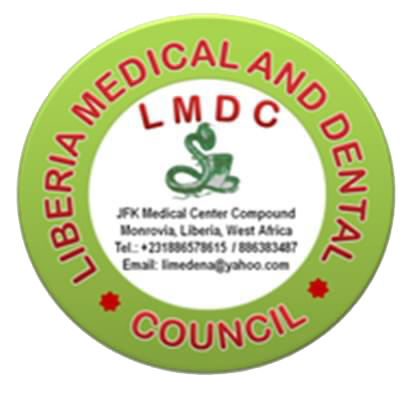Education
Medical education applies theories of pedagogy specifically in the context of medical education. Medical education has been a leader in the field of evidence-based education, through the development of evidence syntheses such as the Best Evidence Medical Education collection, formed in 1999, which aimed to "move from opinion-based education to evidence-based education”. Common evidence-based techniques include the Objective structured clinical examination (commonly known as the 'OSCE) to assess clinical skills, and reliable checklist-based assessments to determine the development of soft skills such as professionalism. However there is a persistence of ineffective instructional methods in medical education, such as the matching of teaching to learning styles and Edgar Dales' "Cone of Learning
Entry-level medical education programs are tertiary-level courses undertaken at a medical school. Depending on jurisdiction and university, these may be either undergraduate-entry (most of Europe, Asia, South America and Oceania), or graduate-entry programs (mainly Australia, Philippines and North America). Some jurisdictions and universities provide both undergraduate entry programs and In general, initial training is taken at medical school. Traditionally initial medical education is divided between preclinical and clinical studies. The former consists of the basic sciences such as anatomy, physiology, biochemistry, pharmacology, pathology, microbiology.
The latter consists of teaching in the various areas of clinical medicine such as internal medicine, pediatrics, obstetrics and gynecology, psychiatry, general practice and surgery.
There has been a proliferation of programs that combine medical training with research (M.D./Ph.D.) or management programs (M.D./ MBA), although this has been criticized because extended interruption to clinical study has been shown to have a detrimental effect on ultimate clinical knowledge.
